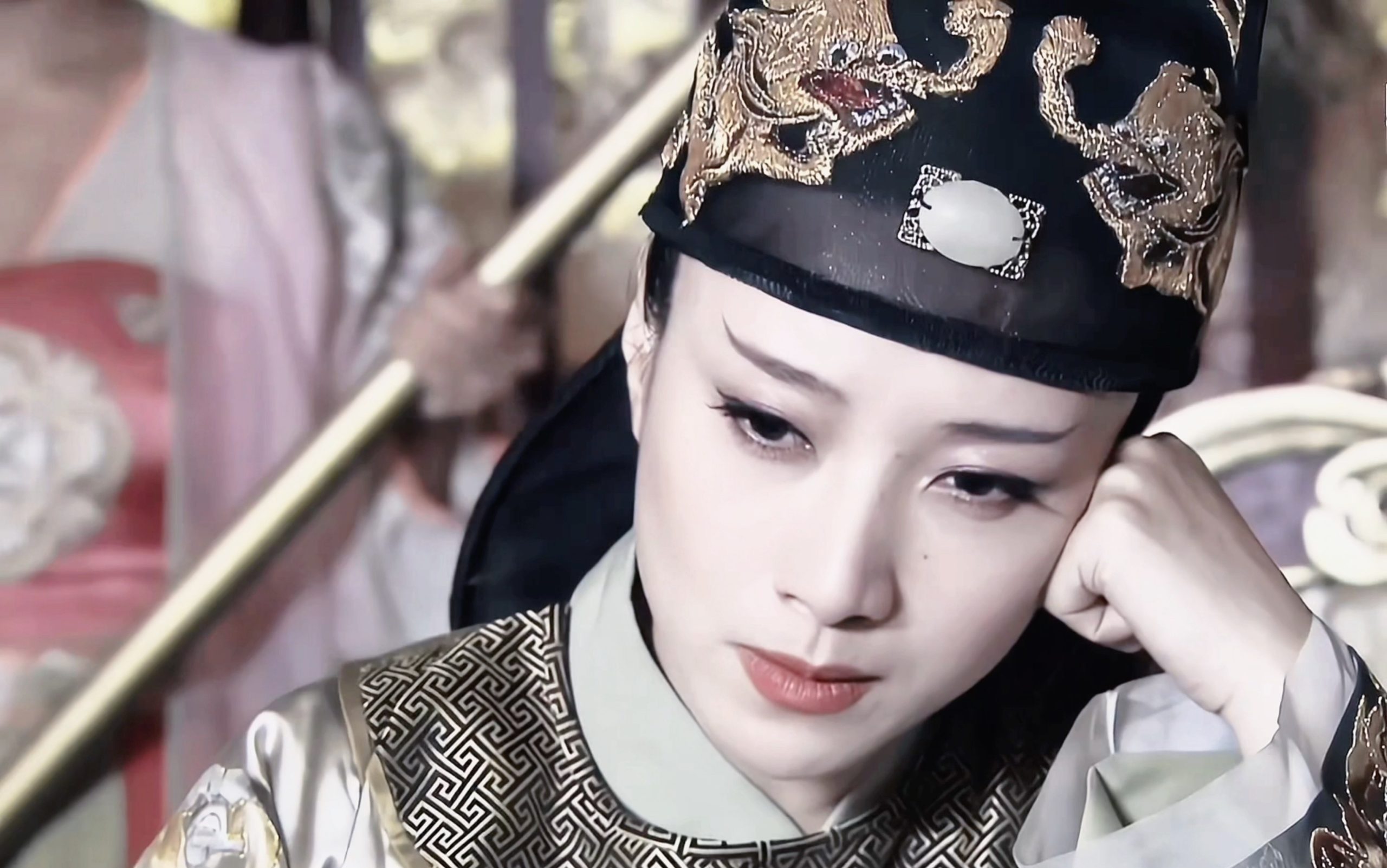How crazy was the former Li Bai to have Yang Guifei polish his ink? Below, the History Encyclopedia editor will provide a detailed introduction to the relevant content.
The setbacks in the officialdom gradually eroded Li Bai’s enthusiasm, and his political naivety made him incompatible with the officialdom.
Poets are not suitable for politics
Li Bai once said, ‘I am born with talent and must be useful.’. We have to ask, what are you born with?
In fact, the heavens gave birth to Li Bai to sing about this extraordinary era. Li Bai achieved the vastness, magnificence, and profundity of this era, but when it comes to politics, he seems too naive.
If it weren’t for his political naivety, he would have had many practical considerations, but his thoughts couldn’t fly so far and high. Therefore, it is his political naivety that has achieved the great romantic spirit in his poetry.
The Sichuan opera excerpt “Li Bai Drunken” describes Li Bai writing poetry while drunk and requesting Yang Guifei to polish his ink, while Gao Lishi takes off his boots for him
In people’s impression of Li Bai, it seems that he should have played with the powerful around the emperor like this.
According to my speculation, it is unlikely that the incident of “Noble Consort Grinding Ink” is true, and it is possible that the incident of “Lishi Taking Off His Boots” is true.
At that time, Gao Lishi’s identity was that of a son-in-law, who directly referred to Gao Lishi as his grandfather, while the crown prince referred to him as his brother. He was an important political figure. Li Bai actually said, ‘You are worthless in my eyes, take off your boots for me.’. Emperor Taizong of Tang also said, ‘This person is always poor.’. What is’ poor appearance ‘? It just lacks the aura of wealth and prosperity. Why do you say that? Li Bai was very, very naive in politics. He believed that having literary talent could lead to rapid success. But the fact is not like that. Politics involves multi-faceted thinking, including balancing power and not underestimating strongmen.
The genius who emerged from the land of Shu can gallop freely in the world of poetry, but cannot move a step in the court. Whether to stay or leave, Li Bai wanders aimlessly.
In the year 744 AD, Li Bai carefully considered the situation and submitted a letter to resign from his official position. However, Emperor Xuanzong of Tang did not have any intention of retaining him and instead granted him a sum of gold to be released and returned.
Li Bai first requested: I want to go back. I think this is a highlight of Li Bai’s independent personality. He felt that he was just a courtier or even a jester, which was unbearable for his spirit. So he took the initiative to say, ‘I want to give up this life of a bird in a cage.’ Only then did the emperor say, ‘Indeed, this is a cage. You should go back.’.
How ecstatic it was to receive the edict back then, how rare it is to give up today,
After all, this was the only time in Li Bai’s life that the pulse of his political ideals was so close to him.
Li Bai’s behavior can help me find many familiar images in China, such as Tao Yuanming, who did not bow down for five dou of rice. In fact, Li Bai gave up more things, because after all, he was by the emperor’s side, the pinnacle of an ordinary person’s life ideals, but that’s all. Li Bai said to let go and let it go.
Many ancient Chinese poets had very powerful political dreams, such as Li Bai, Du Fu, Su Shi, and Huang Tingjian.
But whether a person is suitable for politics or not depends not only on whether they have such ideals or articles.
In fact, we don’t need every poet to be a politician. If that’s the case, we may have many mediocre and even irresponsible politicians, but we won’t get good poetry that can temper the national spirit.


